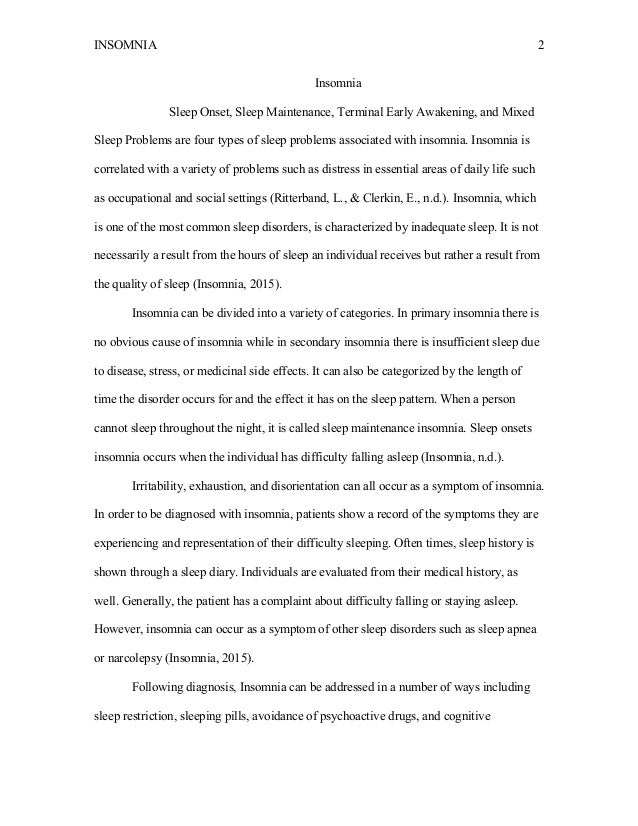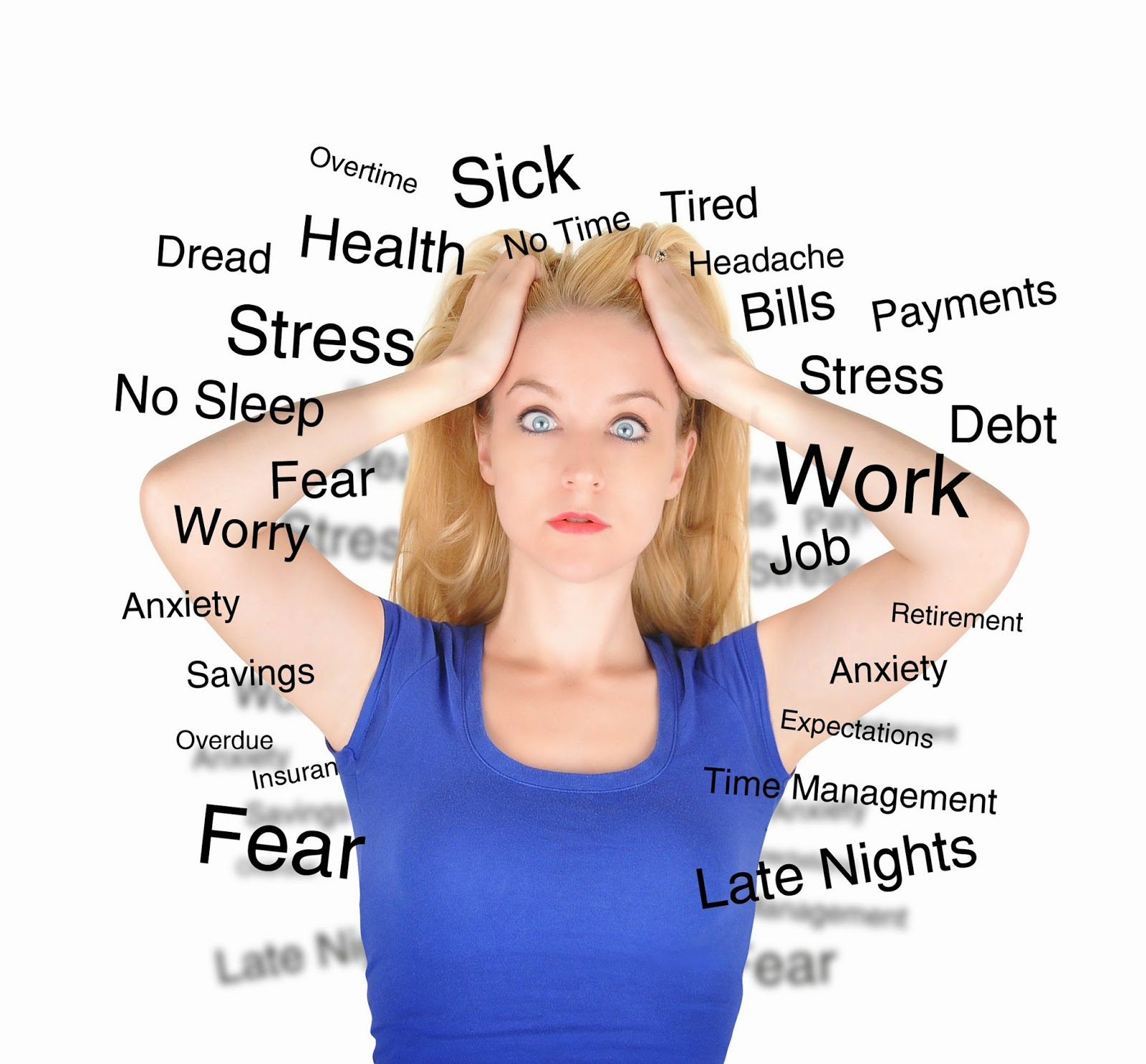
Try apps and online programmes designed to help with sleep problems, such as Pzizz, Sleepio or Sleepstation.Unlike most physical activity, sex makes us sleepy They can stop you from falling asleep and prevent deep sleep Avoid caffeine and alcohol before bed.Exercise regularly but avoid vigorous exercise near bedtime if it affects your sleep.Try to go to sleep and wake up at the same time each day.Create a restful environment: bedrooms that are dark, cool and quiet are generally easier to fall asleep and stay asleep in.Establish a regular, relaxing bedtime routine that lets you unwind and sends a signal to your brain that it's time to sleep.There are many things you can try to help yourself sleep well. Coming off medication can also cause sleep problems Medication can have side effects, including insomnia, nightmares or oversleeping.You may also have racing thoughts that make it hard to sleep Mania can make you feel elated or energetic, so you might not feel tired or want to sleep.These may wake you up and/or make you feel anxious about falling asleep Post-traumatic stress disorder (PTSD) can cause nightmares or night terrors.It can also cause insomnia if you have troubling thoughts Depression can lead to oversleeping: sleeping late or a lot during the day.Anxiety can cause your thoughts to race, which can make it hard to sleep.Mental health problems can affect your sleep in different ways. How can mental health problems affect sleep? a different routine, for example, because of jet lag.a change in the noise level or temperature of your bedroom.Many different things that can affect our sleep. You can also be prescribed special devices to help keep your airway open during sleep. Losing weight and sleeping on your side can help with mild sleep apnoea. During the day, you will feel very tired, find it hard to concentrate, have mood swings, and have a headache on waking. If you have sleep apnoea, you will often snore loudly or make gasping or choking noises while you sleep. Sleep apnoea is when your breathing stops and starts when you sleep, constantly interrupting your rest. There is no cure, but the symptoms can be controlled by medication and by lifestyle adjustments such as changing your sleeping routine, improving your diet and exercising. If you have narcolepsy, you may feel very drowsy throughout the day and fall asleep suddenly and without warning – for example, while at work, talking, or driving. It’s caused by the brain being unable to regulate your sleeping and waking patterns. Narcolepsy can cause you to suddenly fall asleep at inappropriate times. During the day, you may feel sleepy, anxious, irritable, and unable to concentrate or remember things.

You may have insomnia if you find it hard to go to sleep, wake up several times during the night or wake up too early. Insomnia is the most common sleep disorder, affecting around one in five people. Here are some sleep problems people experience:

But sleep problems can be symptoms of other conditions such as depression or thyroid problems, so speak to your GP if they continue. Self-help techniques can get you back to a more normal sleeping pattern. Most sleep problems sort themselves out within a month, but longer stretches of bad sleep can seriously affect our lives. We all have nights when it’s hard to fall asleep or wake up several times. What kind of problems might I have with sleep? It’s linked to heart disease, diabetes, premature ageing and road accident deaths. Lack of sleep can also make us feel physically unwell. Sleep and mental health are closely related: living with a mental health condition can affect your sleep, and poor sleep can affect your mental health. One in three of us suffers from poor sleep, and the consequences can be more serious than feeling grumpy or unfocused.

We all need to sleep well to help our bodies recover from the day and allow healing to occur.īut a lot of us struggle to get a good night’s sleep.

How can mental health problems affect sleep?.What kind of problems might I have with sleep?.


 0 kommentar(er)
0 kommentar(er)
